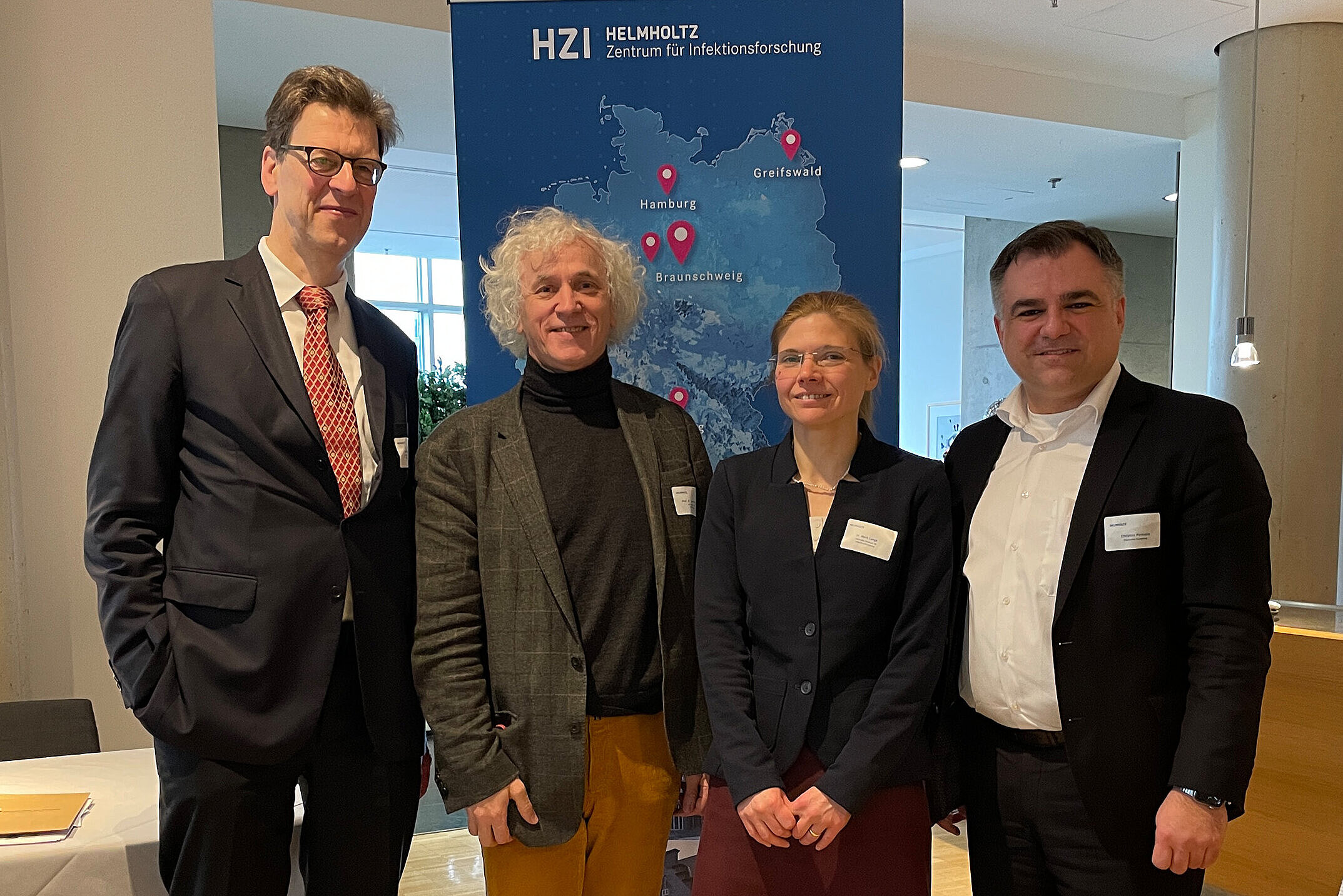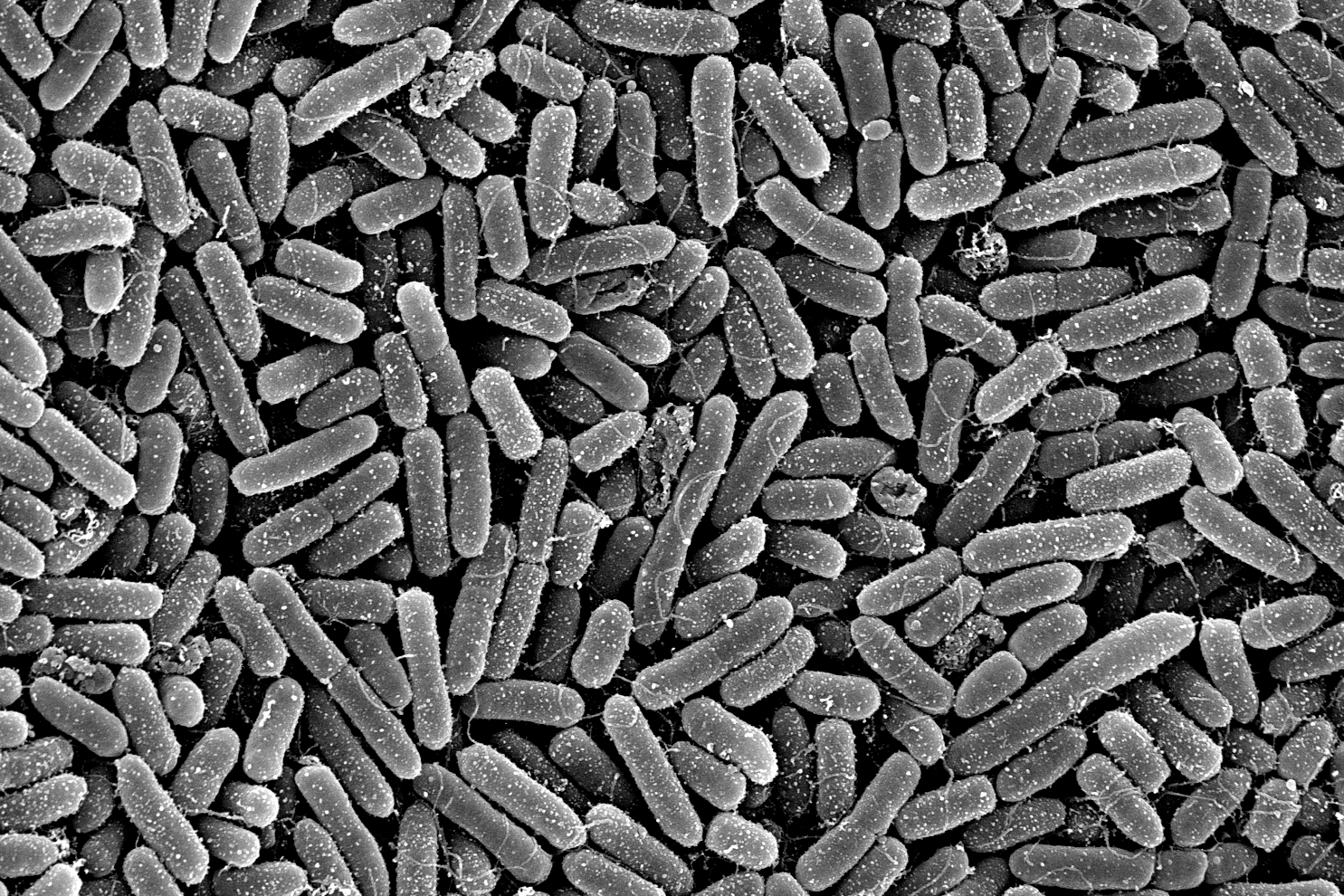Newsroom





![[Translate to English:] Portrait Thekla Cordes](/fileadmin/user_upload/HZI/Media_Center/Newsroom/2024/TheklaCordes_1a.jpg)
HZI in the media
25.06.2025
|
Resurgence
23.06.2025
|
Kurier
18.06.2025
|
17:30 SAT.1 REGIONAL
18.06.2025
|
Cityblick 24
17.06.2025
|
Newsdirectory3
17.06.2025
|
DeutschesGesundheitsPortal